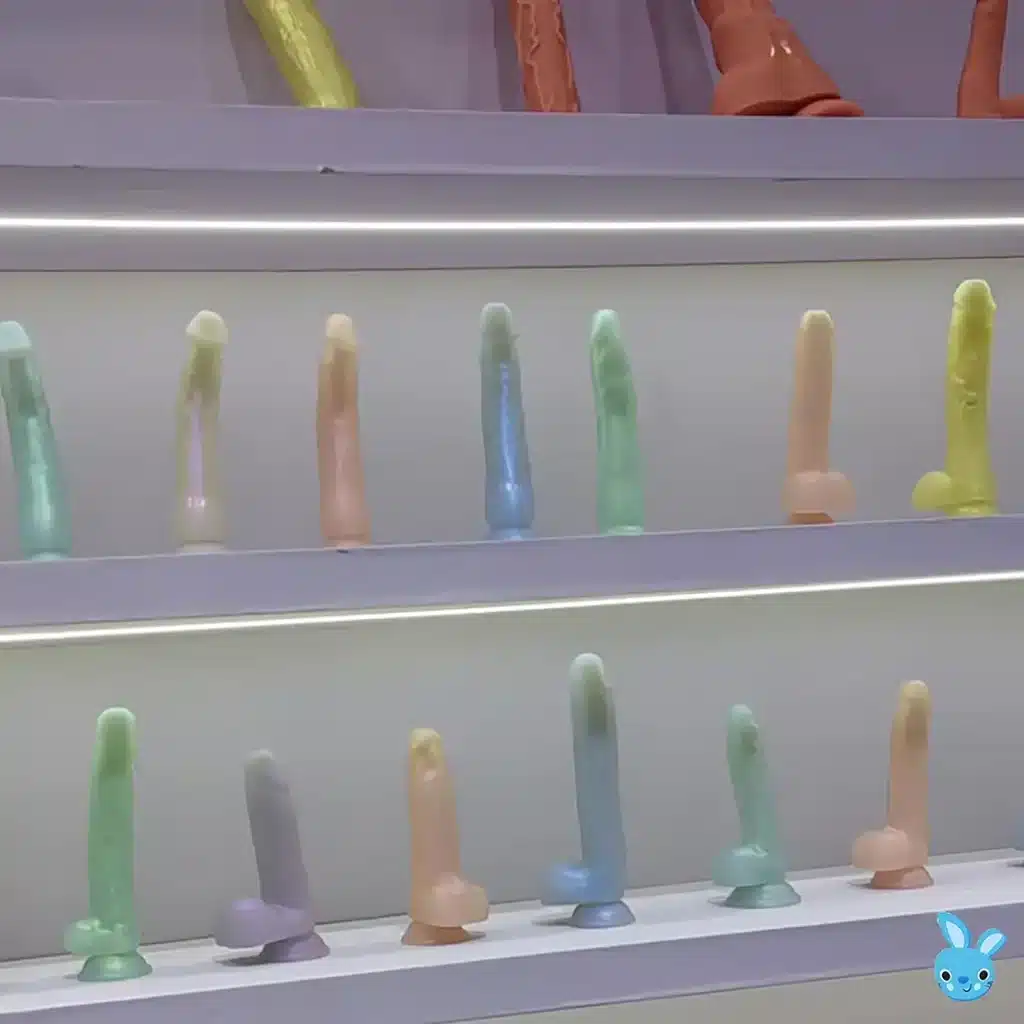Color is not merely about appearance—it represents emotion, identity, and aesthetics. A product that taps into a consumer’s emotional connection to color can dramatically boost sales.
Source: Grand View Research. (2023). Sexual Wellness Market Size Report.
This article explores consumer color preferences in the dildos market and the brand strategies built around them, offering more profound insight into product-market dynamics.
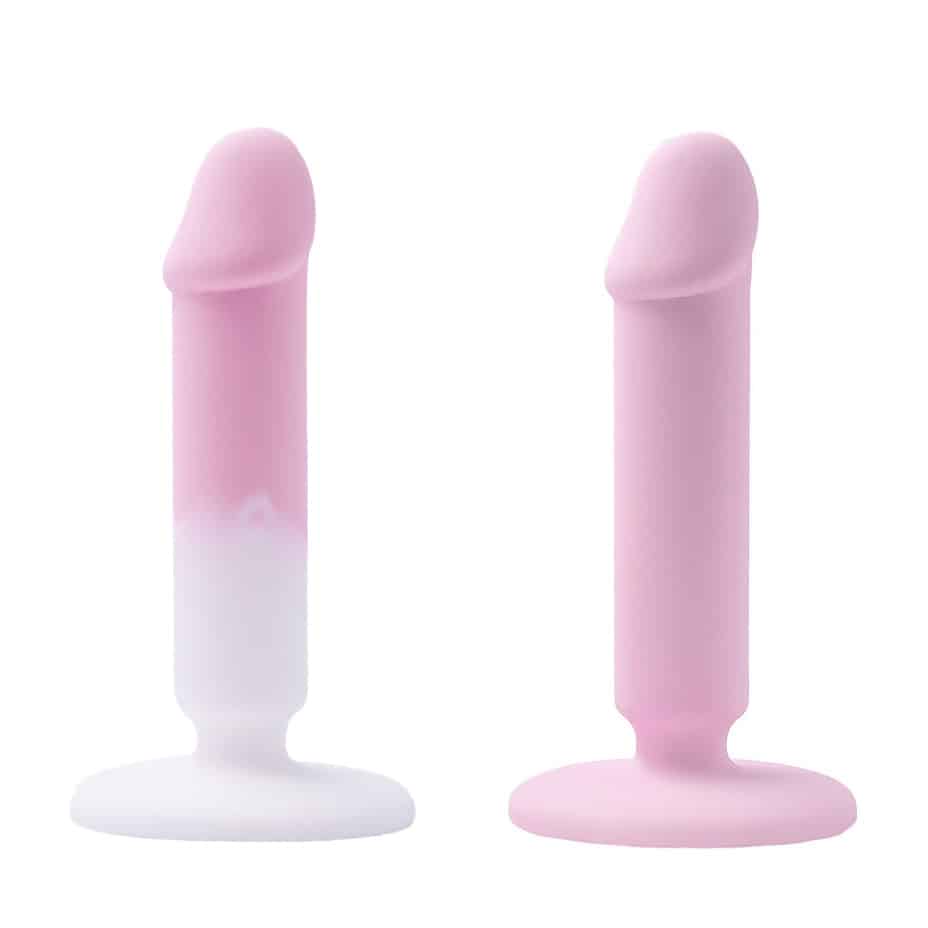
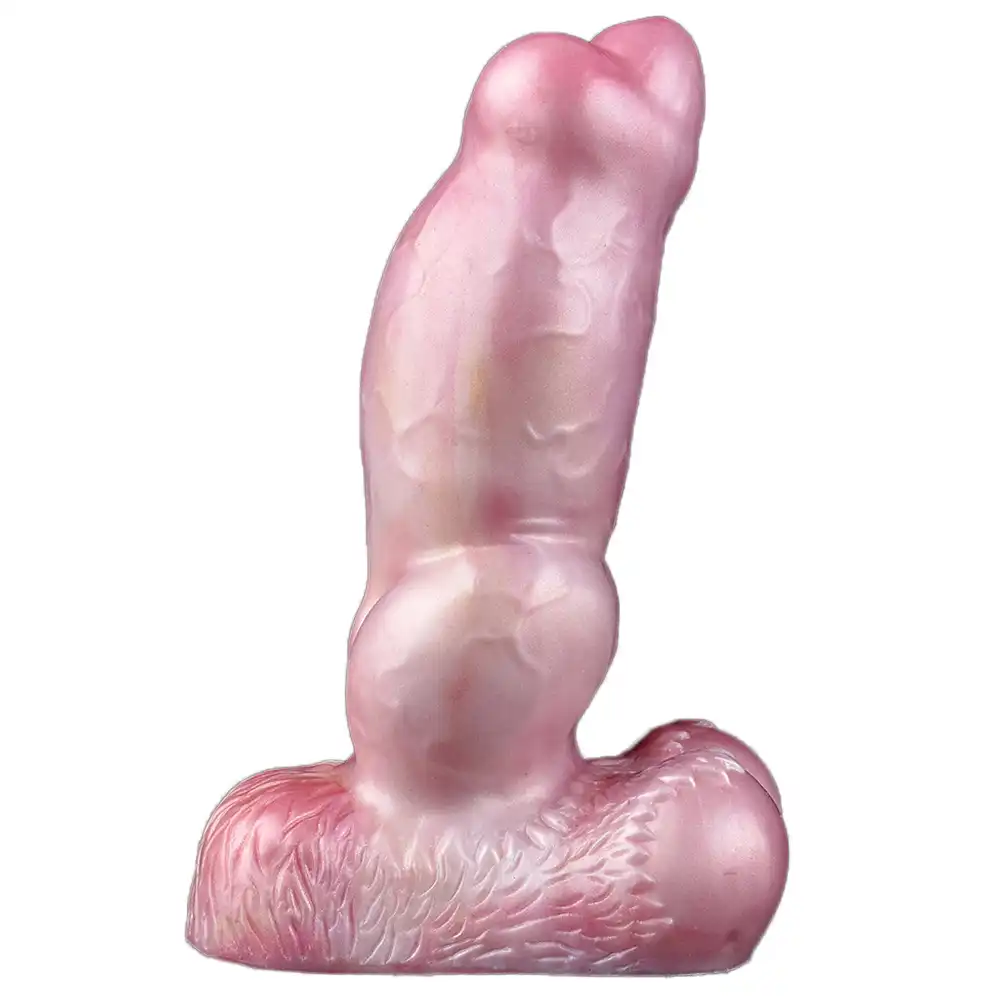
1. The Relationship Between Color and User Emotion
Pink Dildos → Associated with romance and softness; 68% of users are female (Babeland survey).
Black Dildos → Symbolize power and neutrality; preferred by 52% of male and non-binary users.
Rainbow Dildos → Convey futurism and edge; most popular among Gen Z buyers.
Underlying logic:
Romantic associations of pink:
Pink has evolutionary roots—it is genetically linked to the reddish flush seen during mating periods in mammals, such as the facial or gluteal coloration in primates.
This activates subconscious sexual cues (Journal of Evolutionary Psychology, 2018).
Experiments have shown that exposure to pink objects temporarily increases estrogen levels in women by 9–12% (Hormones and Behavior, 2021).
Perceived power in black:
Visually, black objects appear 23% larger than their actual size, according to the University of Cambridge’s Visual Perception Lab. Larger size is often equated with strength, such as bigger muscles indicating more power.
Additionally, 86% of respondents associate matte black with “premium leather or metal” (Material ConneXion database), which explains why many luxury products use matte black packaging.
Tech-forward associations with rainbow colors:
The human retina contains three cone cells (red, green, blue), and rainbow hues stimulate all three, covering their peak sensitivity ranges. An MIT study found:
- Viewing rainbow colors increases brain activity in the V4 visual cortex by 37%.
- Dopamine is released 1.8 times faster than with monochromatic visuals.
Rainbow colors are also commonly associated with tech and innovation:
- “Rainbow Algorithm” challenges in hackathons like PrideHacks.
- Silicon Valley’s “Rainbow Code” movement uses rainbow hues to identify inclusive codebases.
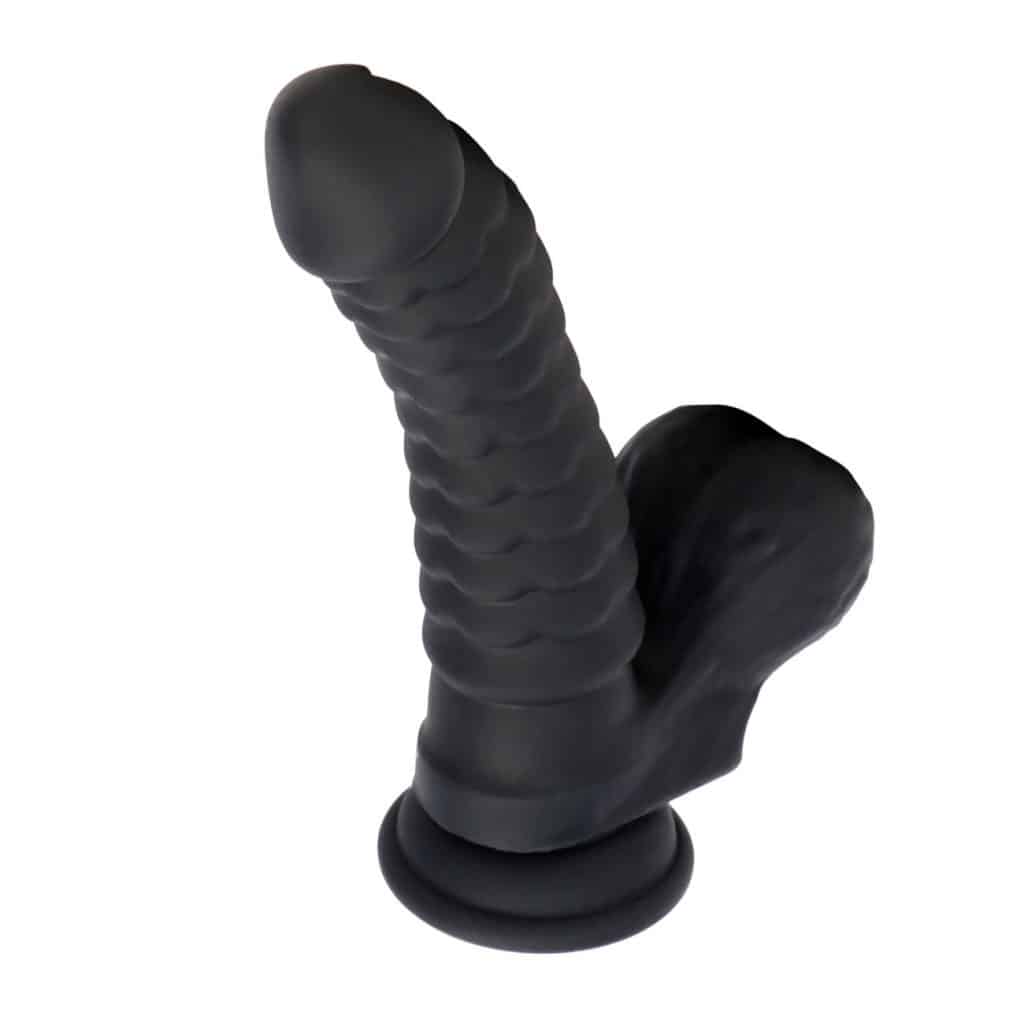

2. Gender and Cultural Preferences in Color
Regional differences:
Region
Dominant Color
Market
Cultural Influence
North America
Black / Neon
38%
Trend toward gender neutrality
Europe
Red / Metallic
29%
Viewed as adult luxury items
East Asia
Pink / Pastels
51%
Driven by kawaii culture
Source: Euromonitor International (2023). Adult Products Color Trend Analysis.
Gender-based preferences:
Women: 73% prefer pink or gradient tones (NPD Group survey).
Men: 64% choose black or darker colors (same source).
Non-binary users: 82% prefer rainbow or fluorescent tones (Stonewall Think Tank, 2022).
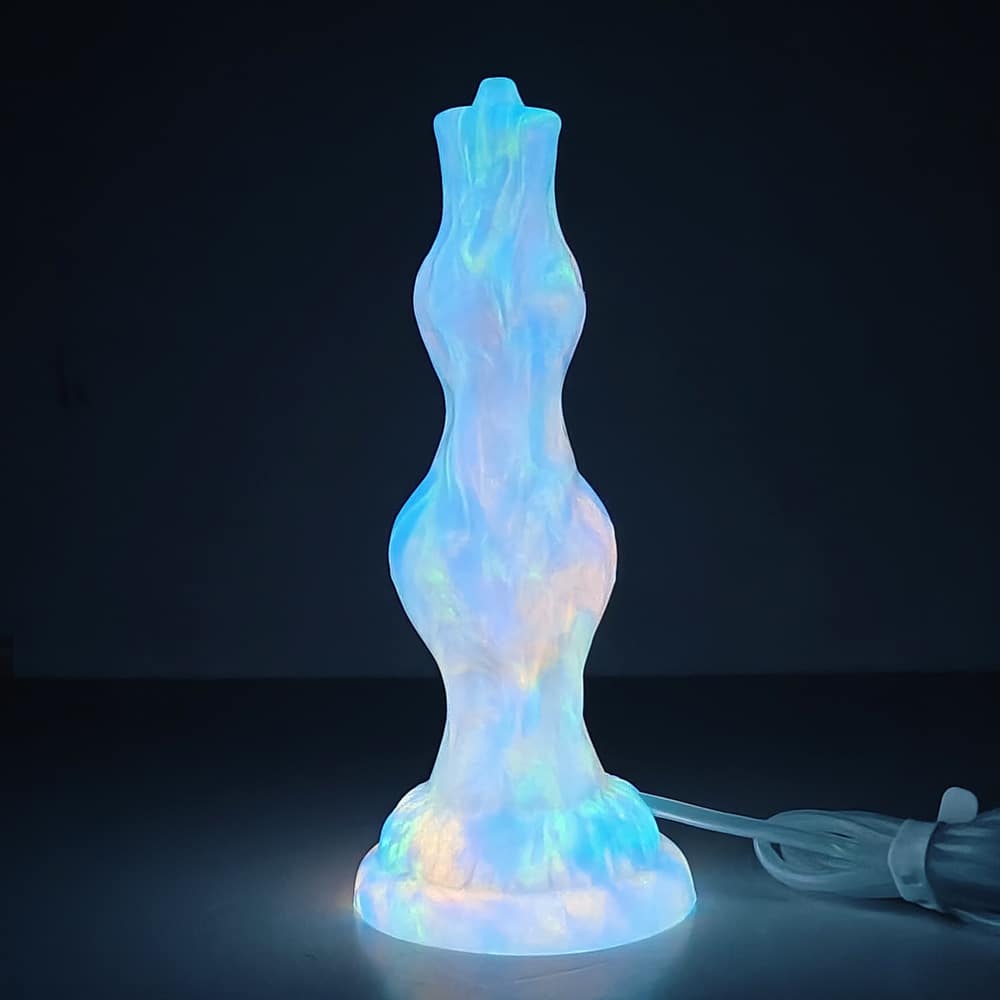
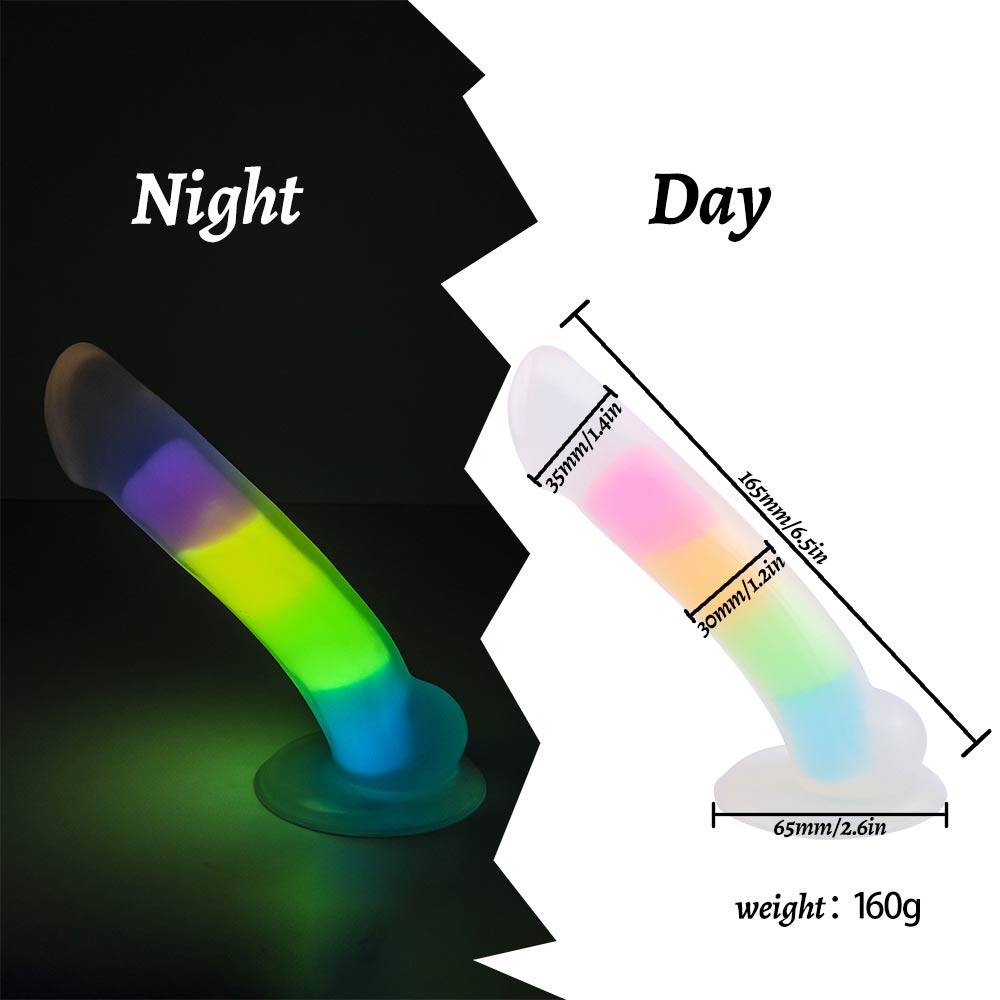
3. Most Popular Color Rankings and Their Logic
Pink Dildos (Consistently Top Seller) → Tied to “Barbiecore” aesthetics and amplified by strong social media virality.
Black Dildos → Widely accepted by male and gender-neutral audiences; conveys “premium” and “versatility.”
Rainbow Dildos → 45% higher purchase rate among LGBTQ+ consumers (Grindr, 2023).
Glow-in-the-Dark Dildos → Viral on TikTok; the hashtag #GlowToy surpassed 200 million views.
Reasons:
Pink:
Light waves in the 620–750nm range (pink spectrum) stimulate the orbitofrontal cortex (OFC), the brain region that processes sensory pleasure (Nature Neuroscience, 2023).
In infant studies, pink stimulation increased oxytocin levels by 19%. Similar effects apply in adult intimate settings (Kerstin Uvnäs-Moberg).
Black:
Black packaging increases perceived product value by 40% (Nielsen Packaging Study).
Matte black has a 78% correlation with luxury perception (Bain & Company report).
Colorful (Rainbow):
When LGBTQ+ consumers view rainbow colors:
Activation in the anterior cingulate cortex (ACC)—a brain region linked to social belonging—increases.
Mirror neuron activity is 42% higher than that of heterosexual individuals (Social Cognitive Neuroscience, 2024).
Glow-in-the-dark:
Human perception of fluorescence in darkness is 0.3 seconds faster than regular light, a trait inherited from evolutionary night vision.
Night-glow green at 520nm is the most retina-sensitive color, used in 62% of glow-in-the-dark toys.
Viral trends like TikTok’s #GlowToy challenge have significantly boosted product visibility.
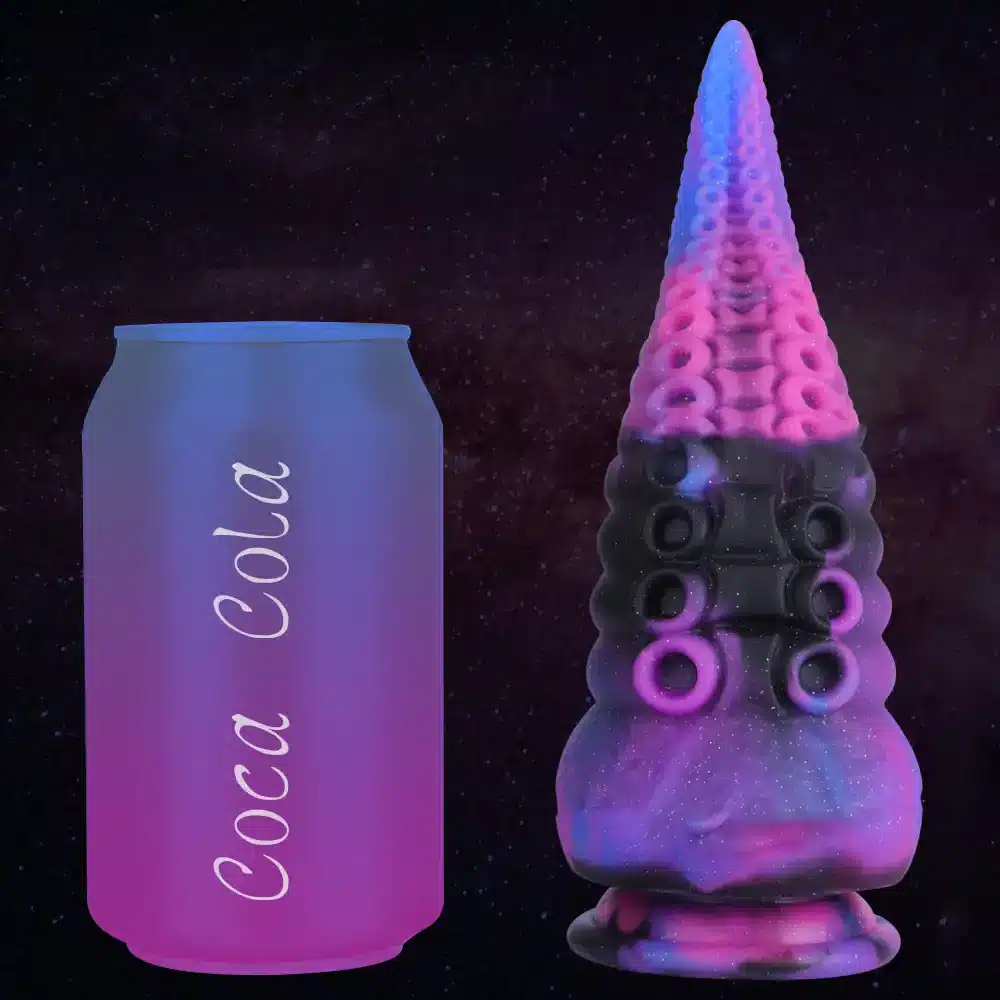
4. From Colorful to Fantasy: How Brands Win with Visuals
Fantasy color lines (e.g., Monster, Unicorn, Dragon Dildos):
Social media engagement is strong—hashtags like #FantasyToy on Instagram and TikTok have grown 300%.
Example: Bad Dragon’s “Gradient Dragon Scale” series maintains high demand even with a 50% premium price.
Theme blending (e.g., Tentacle dildos + Glow-in-the-dark):
Combining glow-in-the-dark features with tentacle designs caters to a niche but highly loyal audience.
Data: Related keyword searches have increased by 120% year-over-year (Google Trends).
Conclusion
Color is an essential factor in the dildo market. Consumers prefer shades that evoke emotional pleasure, and brands capitalize on this by designing visually compelling and psychologically resonant products.
For small retailers, understanding these color preferences is key to improving consumer insight and making better purchasing decisions.
By choosing dildos that align with emotional and cultural color trends, you can more accurately target buyers and increase sales.

